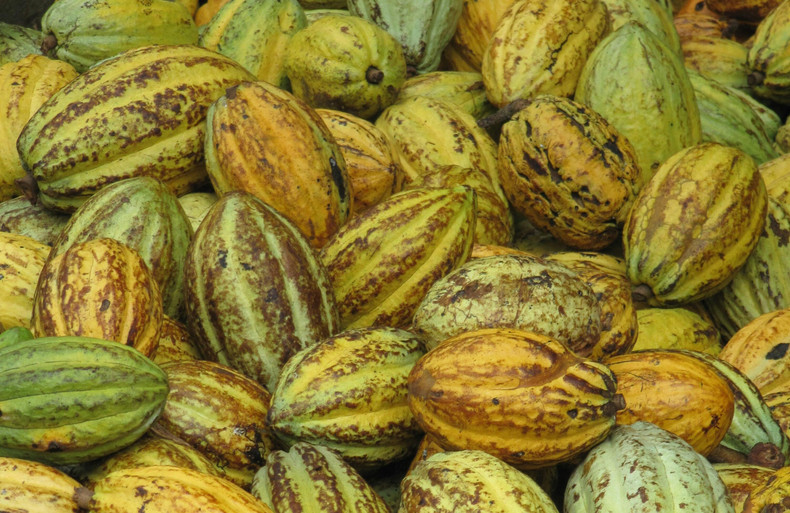During the harrowed year that I spent living and working in Abidjan, I learned that locally produced Ivorian chocolate does exist. It just sat way down below all of the other imported brands on grocery store shelves. Compared to their foreign counterparts, the local variety was lacking in aesthetic packaging or appeal - but I'm an urban revolutionary with limited time, so I crouched down, dusted it off and bought it anyway.
A few key points struck me about this article by Ken Opalo on the need to boost value addition in African agriculture: farming is about 70% of most African nations' economies and yet African governments have historically spent about 4% of their budgets on agriculture; despite a steady rise in cocoa prices, West African farmers are still barely at the subsistence level and unlikely to increase supply before prices fall; and declining yields in Côte d'Ivoire and Ghana threaten to put even more land under cocoa production threatening deforestation and exacerbating climate change.
Ghana and Côte d'Ivoire together export about 60% of the world's cocoa, predominately to EU nations and yet share very little in the $120 billion global chocolate industry. Major importers like the US, EU and Japan maintain 0% tariffs on cocoa beans but will impose up to 15% duty on processed cocoa products and so, with few exceptions, Africa tends to export raw cocoa beans rather than finished, value-added products.
Yet there are cottage industries in both nations hustling to be seen and sold on a larger market. Domestic value addition to major "cash crops" like cocoa will be important for West African nations to become global price setters not just in cocoa, but in other areas where we find it cheaper to export raw goods that are finished and branded elsewhere.





